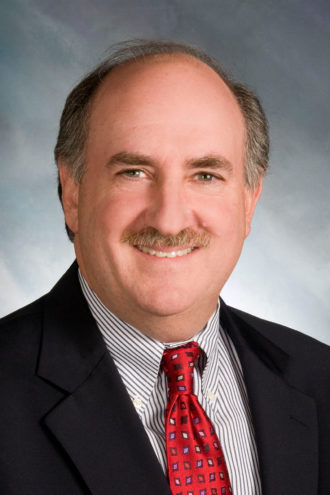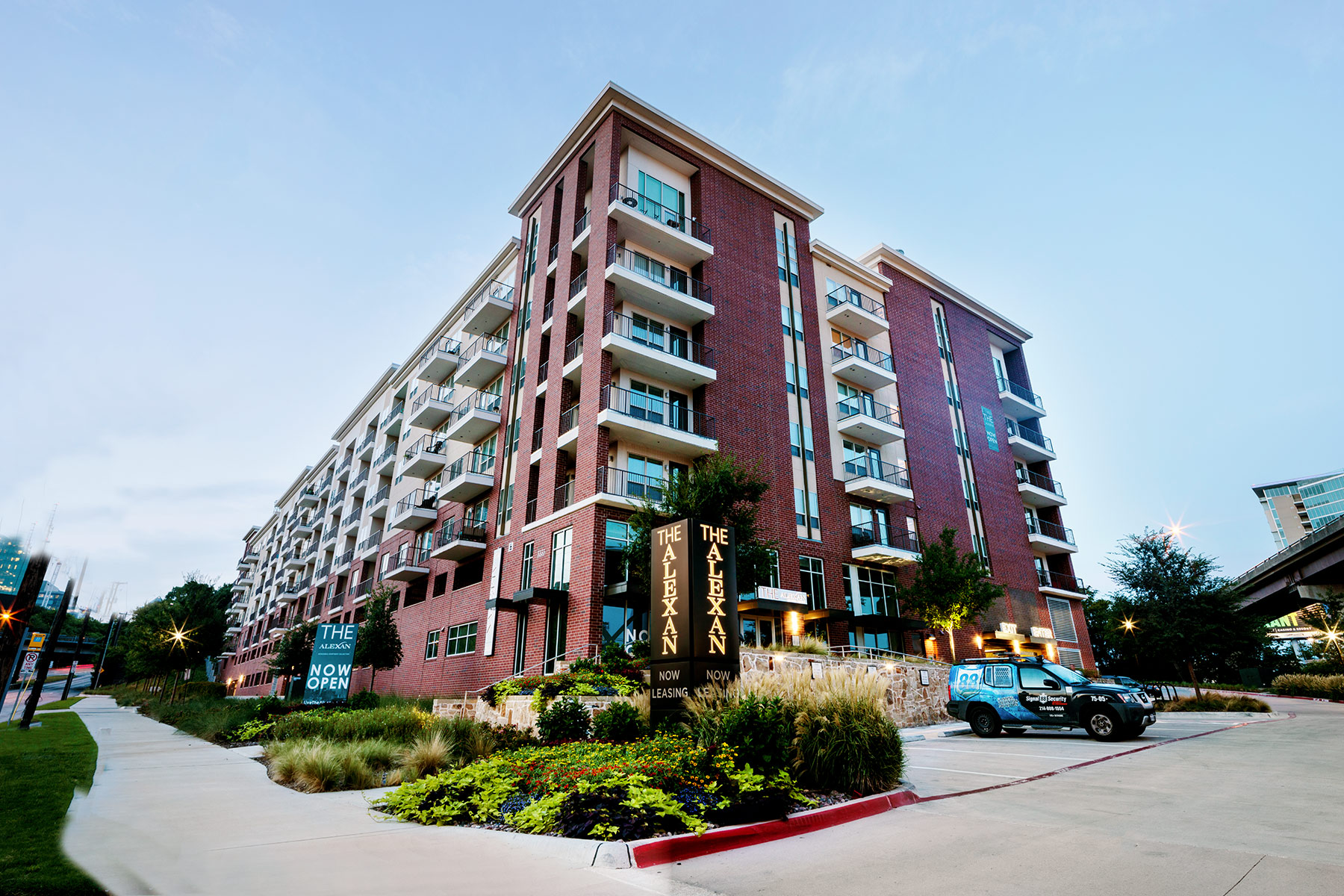The decline in multifamily starts to approximately 20,000 units in 2017 in DFW has been widely publicized and is worthy of further discussion.
From a short-term perspective, tapping the brakes seems like a sensible response to the volume of unit deliveries projected over the next few years. Mitigating starts will enable properties to lease-up more quickly and possibly at higher rental rates. 
In the long-term, given the growth in jobs and population coupled with the inability of first-time homebuyers to accumulate a sufficient amount of cash for down payments, the current level of multifamily construction seems appropriate.
There are significant headwinds in the face of multifamily developers which are beginning to inhibit their ability to start new projects. Multifamily zoned/entitled sites are in short supply (and often very expensive) and certain suburban markets have zoning ordinances which limit the amount or type of multifamily projects which can be developed. Equity sources for new construction are less available likely due to the current level of multifamily construction.
Further, a number of the more prominent equity sources have invested in new developments over the past few years, many of which have not come to fruition. Some are loath to fund additional development until profits from legacy projects have been realized.
Construction debt is not as readily available as in the past, likely due to the level of existing development as well as the HVCRE (high volatility commercial real estate) rules imposed on banks. Construction costs continue to escalate (largely due to the lack of skilled labor) making it difficult for developers to achieve the desired yields on cost. All in all, it is a challenge for developers to identify, plan, and construct new projects.
The obstacles to new construction can likely be overcome in a variety of ways.
First, if certain municipalities begin to relax certain zoning restrictions or corresponding encourage mixed-use projects which include a multifamily component. The number of equity providers as well as those currently invested in the DFW market will likely reengage as properties lease-up and sell.
The constrictions on the construction lending providers will be eased as existing construction loans are paid off and their loan portfolios have a lesser concentration in HVCRE loans. Alternative construction lending sources might fill the gap as well.
Required returns on cost are largely dictated by rental rates. As projects stabilize and owners are afforded the opportunity to raise rental rates, there may be justification for new development, even in light of higher construction costs.
The DFW multifamily market is in a very healthy place, and the slowdown in construction starts serves to strengthen the rental market. The anticipated high level of job growth will ensure that demand is more than adequate to absorb the supply. Finally, the overall status of the DFW multifamily market makes it one of the most attractive investment venues in the country.
Jeff Price is Managing Director within JLL’s Capital Markets group.





